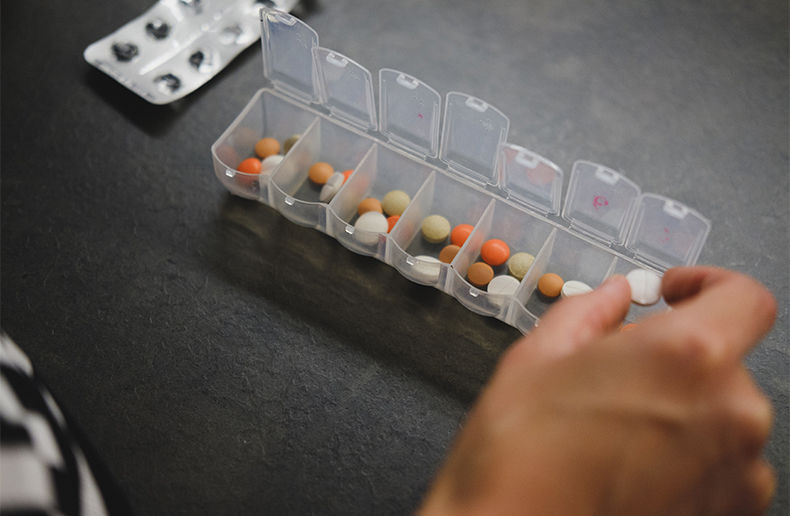Health organizations that deal with biosimilar drugs are praising the Ontario government’s decision to join with other provinces and territories to expand the use of biosimilar drug treatments for Ontarians.
Starting March 31, 2023, Ontario Drug Benefit (ODB) recipients who are on an originator biologic will begin to transition to a Health Canada approved biosimilar version of the drug at no cost.
“Patients will continue receiving the same high-quality treatment, while allowing the government to fund more new drug therapies, bring innovation to the health care system and continue its work to deliver better, connected patient care,” said Sylvia Jones, Ontario deputy premier and minister of health.
Biosimilars undergo the same robust and rigorous approval process by Health Canada as other drugs. A biosimilar must be proven to be highly similar, with no clinically meaningful differences in terms of safety and efficacy.
"We applaud the Ontario government’s decision to adopt a biosimilar switch policy. Not only will this deliver meaningful savings which can be reinvested elsewhere in the healthcare system, but importantly, it provides increased access and options for patients instead of relying on more expensive brand-name biologic products,” said Jeff Watson, President and CEO of Apotex.
Representatives of other organizations, including the Arthritis Society of Canada, the Canadian Digestive Health Foundation and the Ontario Rheumatology Association, were all onside.
Ontarians receiving coverage under the ODB program for Copaxone®, Enbrel®, Humalog®, Humira®, Lantus®, NovoRapid®, Remicade®, and Rituxan®, will be required to transition to the biosimilar version by December 29, 2023. Exemptions will be considered for patients in certain clinical circumstances on a case-by-case basis.
This switch will allow Ontario to invest more in new and innovative drug treatments and continue to grow the roster of publicly funded life saving drugs.
Ontario is the eighth Canadian jurisdiction to expand the use of biosimilar medications, which are drugs made with living organisms, such as yeast or animal cells, rather than being synthetically manufactured. They are often used to treat patients with chronic health conditions such as rheumatoid arthritis, inflammatory bowel disease and diabetes.





